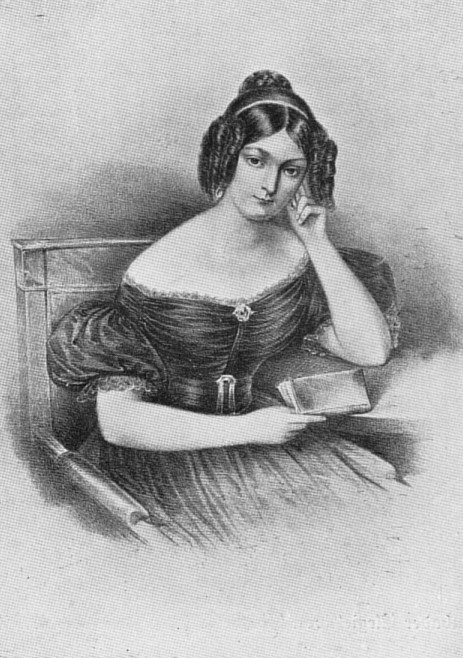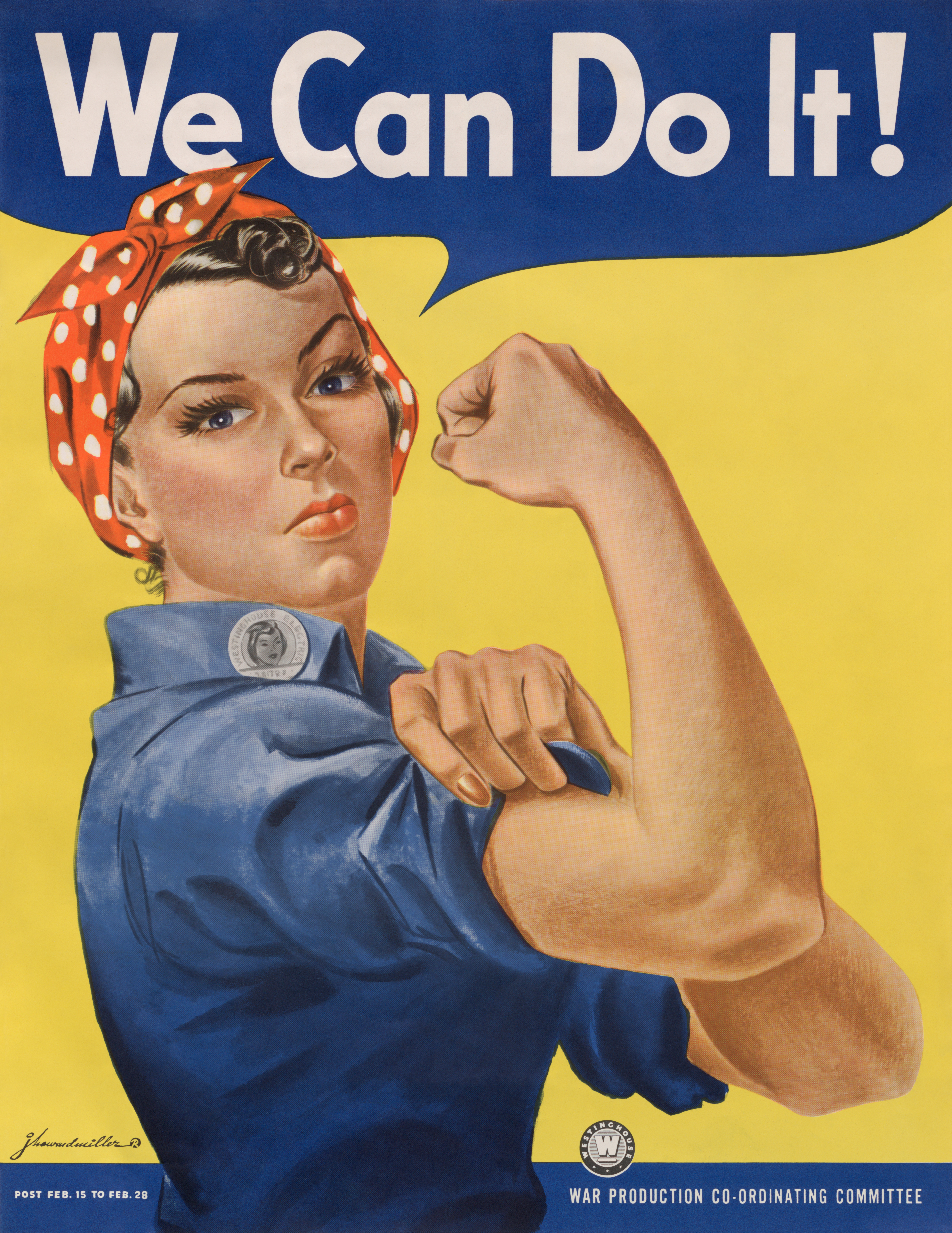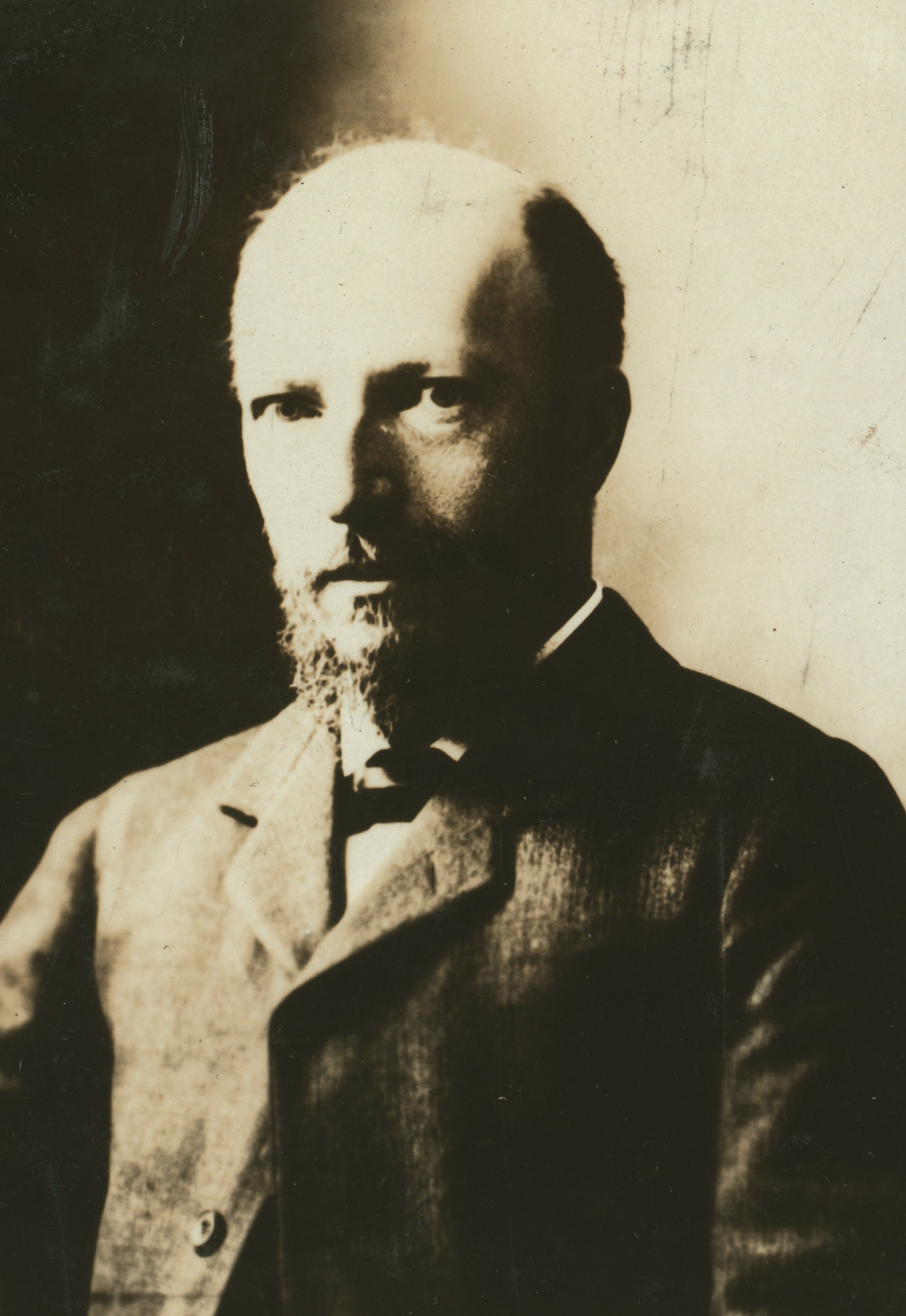|
Lily Braun
Lily Braun (2 July 1865 – 8 August 1916), born Amalie von Kretschmann, was a German feminist writer and politician of the Social Democratic Party (SPD). Life She was born in Halberstadt, in the Prussian province of Saxony, the daughter of , General of the Infantry in the Prussian Army, and his wife Jenny, née von Gustedt (1843–1903). Her maternal grandmother, the writer Jenny von Gustedt (1811–1890), was an illegitimate daughter of Jérôme Bonaparte, Napoleon's brother who was King of Westphalia, and his mistress Diana Rabe von Pappenheim. Lily Braun's great-niece, Marianne von Kretschmann, married Richard von Weizsäcker, President of Germany from 1984 to 1994. Raised according to the Prussian virtues of order and discipline at changing places throughout her father's military career, she nevertheless developed a direct and open personality, encouraged in particular by her grandmother . She was considered to be highly ambitious, and her family provided ... [...More Info...] [...Related Items...] OR: [Wikipedia] [Google] [Baidu] |
:Template:Infobox Writer/doc
Infobox writer may be used to summarize information about a person who is a writer/author (includes screenwriters). If the writer-specific fields here are not needed, consider using the more general ; other infoboxes there can be found in :People and person infobox templates. This template may also be used as a module (or sub-template) of ; see WikiProject Infoboxes/embed for guidance on such usage. Syntax The infobox may be added by pasting the template as shown below into an article. All fields are optional. Any unused parameter names can be left blank or omitted. Parameters Please remove any parameters from an article's infobox that are unlikely to be used. All parameters are optional. Unless otherwise specified, if a parameter has multiple values, they should be comma-separated using the template: : which produces: : , language= If any of the individual values contain commas already, add to use semi-colons as separators: : which produces: : , ps ... [...More Info...] [...Related Items...] OR: [Wikipedia] [Google] [Baidu] |
Diana Rabe Von Pappenheim
Diana Rabe von Pappenheim ( Freiin Waldner von Freundstein; 25 January 1788–18 December 1844) was the royal mistress of Jérôme Bonaparte, King of Westphalia, from 1810 until 1813, by whom she most likely had a daughter in 1811. Early life Diana was born at Château Ollwiller in Wuenheim, Alsace, France, to Baron Gottfried Waldner von Freundstein and his wife, Friederike (von Stein zu Nord-und Ostheim). Her father, the son of Count Franz Ludwig Waldner von Freundstein (1710–1788) and his wife, Wilhelmine Auguste Sophie Eleonore (von Berckheim zu Rappoltsweiler), was a member of the General Council of the Upper Rhine knighthood and the imperial knights in the Ortenau and the Wetterau. Her mother was the daughter of Baron Dietrich Philipp August von Stein zu Nord-und Ostheim (1741–1803) and his wife, Maria Susanne Wilhelmine Elisabeth (von und zu der Thann). Her aunt, Henriette Louise de Waldner de Freundstein, Baronne d'Oberkirch, was the author of a series of ... [...More Info...] [...Related Items...] OR: [Wikipedia] [Google] [Baidu] |
Western Front (World War I)
The Western Front was one of the main theatres of war during the First World War. Following the outbreak of war in August 1914, the German Army opened the Western Front by invading Luxembourg and Belgium, then gaining military control of important industrial regions in France. The German advance was halted with the Battle of the Marne. Following the Race to the Sea, both sides dug in along a meandering line of fortified trenches, stretching from the North Sea to the Swiss frontier with France, which changed little except during early 1917 and in 1918. Between 1915 and 1917 there were several offensives along this front. The attacks employed massive artillery bombardments and massed infantry advances. Entrenchments, machine gun emplacements, barbed wire and artillery repeatedly inflicted severe casualties during attacks and counter-attacks and no significant advances were made. Among the most costly of these offensives were the Battle of Verdun, in 1916, with a combined 700 ... [...More Info...] [...Related Items...] OR: [Wikipedia] [Google] [Baidu] |
Minna Cauer
Wilhelmine Theodore Marie Cauer, née Schelle, usually known as Minna Cauer (1 November 1841 in Freyenstein – 3 August 1922 in Berlin) was a German pedagogue, activist in the so-called "radical" wing of the German bourgeois feminist movement, pacifist and journalist. Alongside Anita Augspurg, Cauer was the most prominent figure in the radical feminist movement. In the 1890s she was the undisputed representative and had a special talent for winning over new and younger women to the feminist movement. Life The daughter of a Lutheran pastor, Cauer grew up in Freyenstein, in the Province of Brandenburg. She married a left-wing educator and physician, August Latzel in 1862, but was widowed in 1866. She then trained as a teacher, working in Paris for a year before marrying Eduard Cauer, a school inspector, and moving with him to Berlin. Widowed for a second time in 1881, Cauer resumed work as a teacher and started studying women's history. She founded Frauenwohl (Women's Wel ... [...More Info...] [...Related Items...] OR: [Wikipedia] [Google] [Baidu] |
Feminist Movement
The feminist movement (also known as the women's movement, or feminism) refers to a series of social movements and political campaigns for radical and liberal reforms on women's issues created by the inequality between men and women. Such issues are women's liberation, reproductive rights, domestic violence, maternity leave, equal pay, women's suffrage, sexual harassment, and sexual violence. The movement's priorities have expanded since its beginning in the 1800s, and vary among nations and communities. Priorities range from opposition to female genital mutilation in one country, to opposition to the glass ceiling in another. Feminism in parts of the Western world has been an ongoing movement since the turn of the century. During its inception, feminism has gone through a series of four high moments termed Waves. The First-wave feminism was oriented around the station of middle- or upper-class white women and involved suffrage and political equality, education, ri ... [...More Info...] [...Related Items...] OR: [Wikipedia] [Google] [Baidu] |
Socialism
Socialism is a left-wing economic philosophy and movement encompassing a range of economic systems characterized by the dominance of social ownership of the means of production as opposed to private ownership. As a term, it describes the economic, political and social theories and movements associated with the implementation of such systems. Social ownership can be state/public, community, collective, cooperative, or employee. While no single definition encapsulates the many types of socialism, social ownership is the one common element. Different types of socialism vary based on the role of markets and planning in resource allocation, on the structure of management in organizations, and from below or from above approaches, with some socialists favouring a party, state, or technocratic-driven approach. Socialists disagree on whether government, particularly existing government, is the correct vehicle for change. Socialist systems are divided into non-market and mark ... [...More Info...] [...Related Items...] OR: [Wikipedia] [Google] [Baidu] |
Ethical Movement
The Ethical movement, also referred to as the Ethical Culture movement, Ethical Humanism or simply Ethical Culture, is an ethical, educational, and religious movement that is usually traced back to Felix Adler (1851–1933).From Reform Judaism to ethical culture: the religious evolution of Felix Adler Benny Kraut, Hebrew Union College Press, 1979 Individual chapter organizations are generically referred to as "Ethical Societies", though their names may include "Ethical Society", "Ethical Culture Society", "Society for Ethical Culture", "Ethical Humanist Society", or other variations on the theme of "Ethical". The Ethical movement is an outgrowth of secular moral traditions in the 19th century, principally in Europe and the United States. While some in this movement went on ... [...More Info...] [...Related Items...] OR: [Wikipedia] [Google] [Baidu] |
Berlin
Berlin is Capital of Germany, the capital and largest city of Germany, both by area and List of cities in Germany by population, by population. Its more than 3.85 million inhabitants make it the European Union's List of cities in the European Union by population within city limits, most populous city, as measured by population within city limits having gained this status after the United Kingdom's, and thus London's, Brexit, departure from the European Union. Simultaneously, the city is one of the states of Germany, and is the List of German states by area, third smallest state in the country in terms of area. Berlin is surrounded by the state of Brandenburg, and Brandenburg's capital Potsdam is nearby. The urban area of Berlin has a population of over 4.5 million and is therefore the most populous urban area in Germany. The Berlin/Brandenburg Metropolitan Region, Berlin-Brandenburg capital region has around 6.2 million inhabitants and is Germany's second-largest metropolitan reg ... [...More Info...] [...Related Items...] OR: [Wikipedia] [Google] [Baidu] |
Humboldt University Of Berlin
The Humboldt University of Berlin (german: link=no, Humboldt-Universität zu Berlin, abbreviated HU Berlin) is a public university, public research university in the central borough of Mitte in Berlin, Germany. The university was established by Frederick William III of Prussia, Frederick William III on the initiative of Wilhelm von Humboldt, Johann Gottlieb Fichte and Friedrich Daniel Ernst Schleiermacher as the University of Berlin () in 1809, and opened in 1810, making it the oldest of Berlin's four universities. From 1828 until its closure in 1945, it was named Friedrich Wilhelm University (german: link=no, Friedrich-Wilhelms-Universität). During the Cold War, the university found itself in East Berlin and was ''de facto'' split in two when the Free University of Berlin opened in West Berlin. The university received its current name in honour of Alexander von Humboldt, Alexander and Wilhelm von Humboldt in 1949. The university is divided into nine faculties including its ... [...More Info...] [...Related Items...] OR: [Wikipedia] [Google] [Baidu] |
Calvinism
Calvinism (also called the Reformed Tradition, Reformed Protestantism, Reformed Christianity, or simply Reformed) is a major branch of Protestantism that follows the theological tradition and forms of Christian practice set down by John Calvin and other Reformation-era theologians. It emphasizes the sovereignty of God and the authority of the Bible. Calvinists broke from the Roman Catholic Church in the 16th century. Calvinists differ from Lutherans (another major branch of the Reformation) on the spiritual real presence of Christ in the Lord's Supper, theories of worship, the purpose and meaning of baptism, and the use of God's law for believers, among other points. The label ''Calvinism'' can be misleading, because the religious tradition it denotes has always been diverse, with a wide range of influences rather than a single founder; however, almost all of them drew heavily from the writings of Augustine of Hippo twelve hundred years prior to the Reformation. T ... [...More Info...] [...Related Items...] OR: [Wikipedia] [Google] [Baidu] |
Lutheranism
Lutheranism is one of the largest branches of Protestantism, identifying primarily with the theology of Martin Luther, the 16th-century German monk and Protestant Reformers, reformer whose efforts to reform the theology and practice of the Catholic Church launched the Reformation, Protestant Reformation. The reaction of the government and church authorities to the international spread of his writings, beginning with the ''Ninety-five Theses'', divided Western Christianity. During the Reformation, Lutheranism became the state religion of numerous states of northern Europe, especially in northern Germany, Scandinavia and the then-Livonian Order. Lutheran clergy became civil servants and the Lutheran churches became part of the state. The split between the Lutherans and the Roman Catholics was made public and clear with the 1521 Edict of Worms: the edicts of the Diet (assembly), Diet condemned Luther and officially banned citizens of the Holy Roman Empire from defending or propagatin ... [...More Info...] [...Related Items...] OR: [Wikipedia] [Google] [Baidu] |
Bourgeois
The bourgeoisie ( , ) is a social class, equivalent to the middle or upper middle class. They are distinguished from, and traditionally contrasted with, the proletariat by their affluence, and their great cultural and financial capital. They are sometimes divided into a petty (), middle (), large (), upper (), and ancient () bourgeoisie and collectively designated as "the bourgeoisie". The bourgeoisie in its original sense is intimately linked to the existence of cities, recognized as such by their urban charters (e.g., municipal charters, town privileges, German town law), so there was no bourgeoisie apart from the citizenry of the cities. Rural peasants came under a different legal system. In Marxist philosophy, the bourgeoisie is the social class that came to own the means of production during modern industrialization and whose societal concerns are the value of property and the preservation of capital to ensure the perpetuation of their economic supremacy in societ ... [...More Info...] [...Related Items...] OR: [Wikipedia] [Google] [Baidu] |

.jpg)

.jpg)



.jpg)
